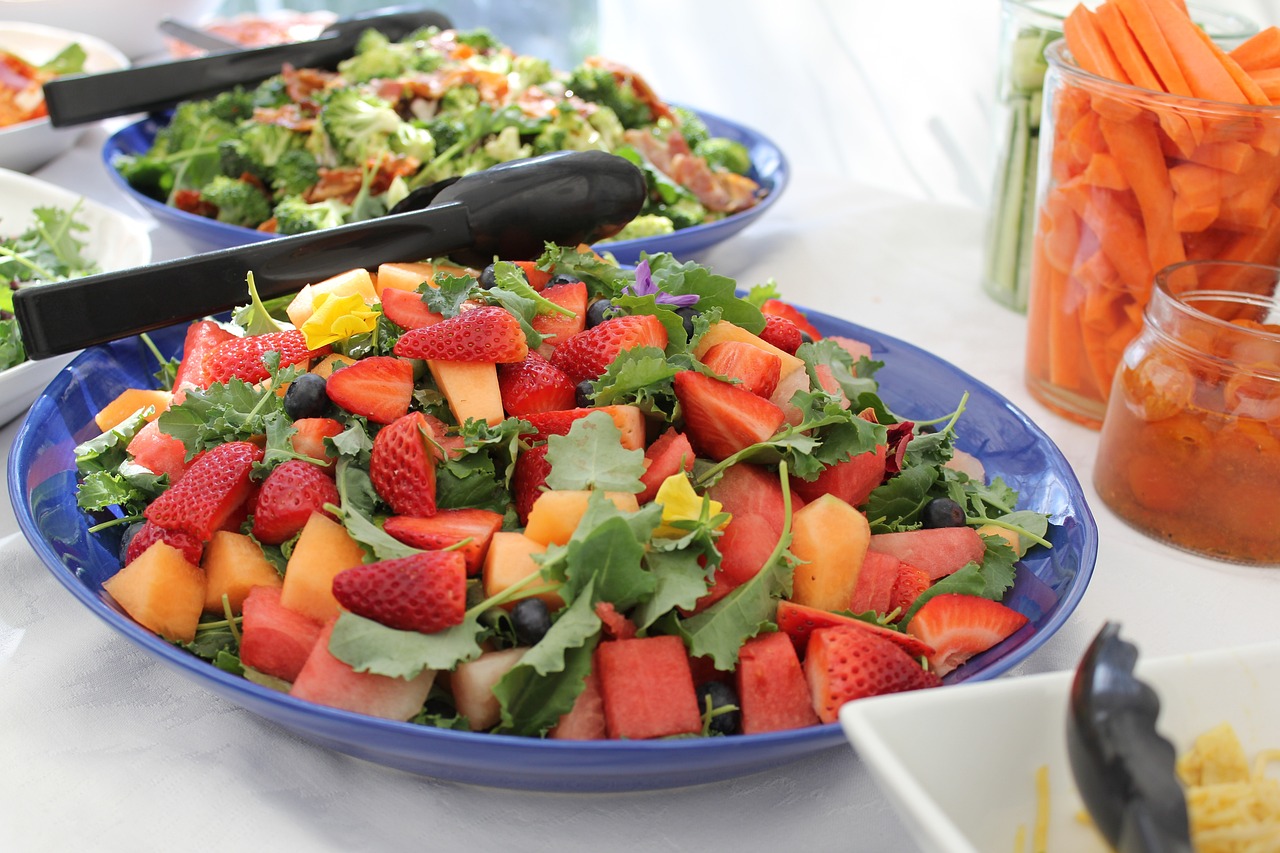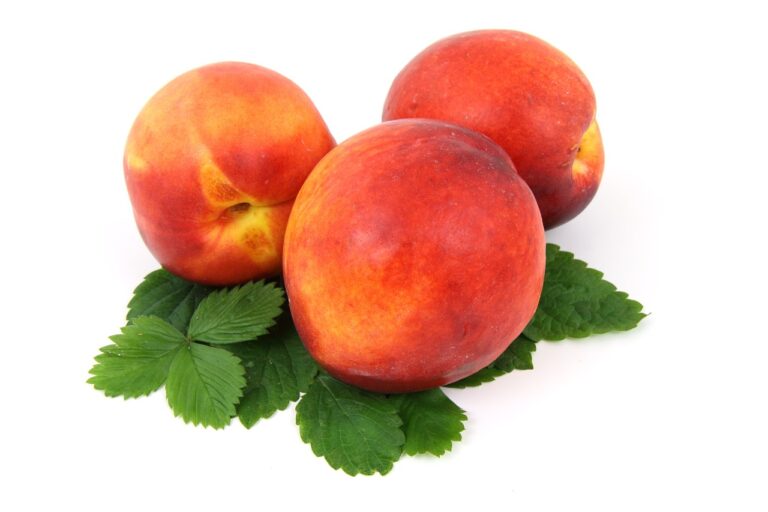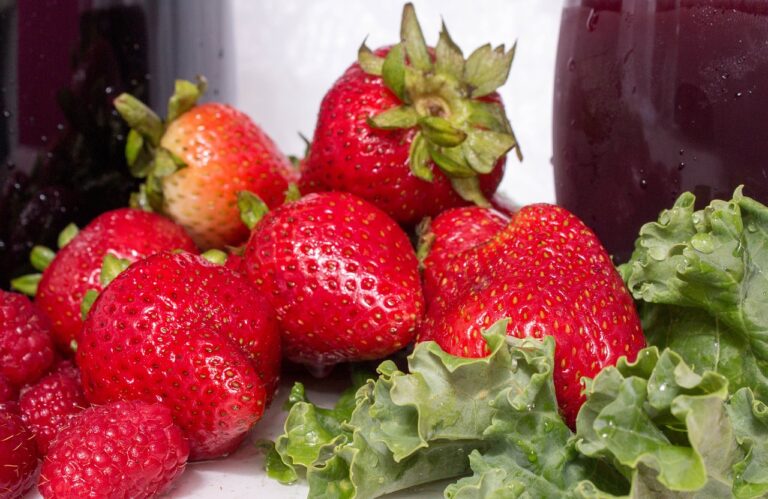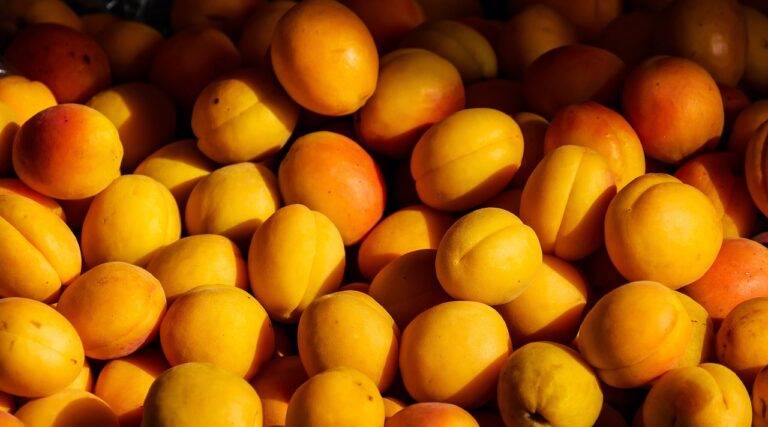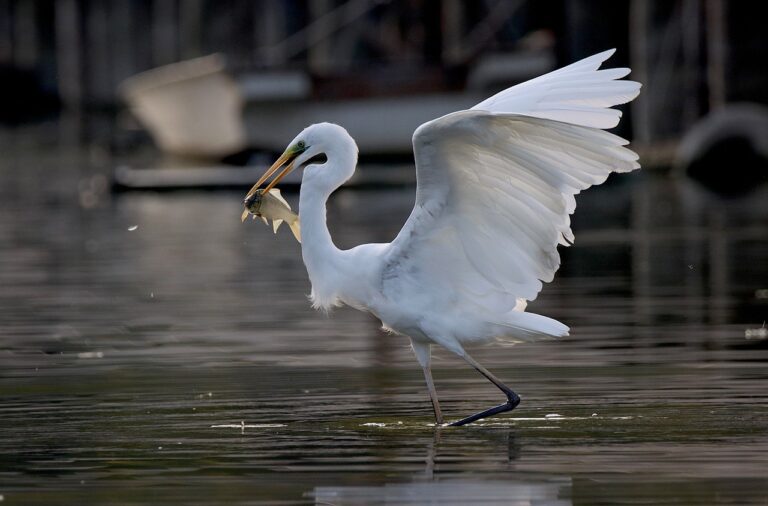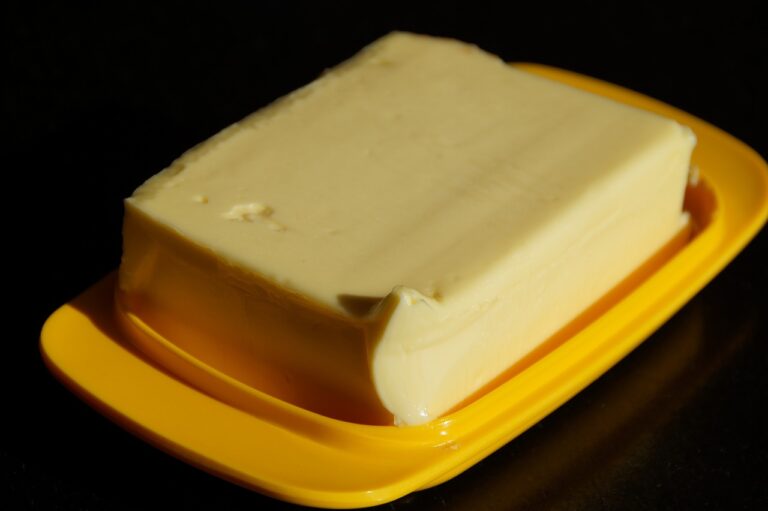Honey Production and Environmental Conservation: 11xplay reddy login password, Diamondexch9 id, Skyexchange id
11xplay reddy login password, diamondexch9 id, skyexchange id: Honey Production and Environmental Conservation
Honey production is an essential industry that not only provides us with delicious sweet treats but also plays a vital role in environmental conservation. Bees, the primary producers of honey, are critical to the pollination of plants, making them indispensable for the maintenance of ecosystems worldwide. In this blog post, we’ll explore the connection between honey production and environmental conservation, as well as how we can support this crucial relationship.
The Importance of Bees in Environmental Conservation
Bees are instrumental in the pollination of plants, including many of our food crops. They play a crucial role in maintaining biodiversity and ecosystem health by facilitating the reproduction of plants through pollination. Without bees, many plants would not be able to reproduce, leading to a decline in plant diversity and a ripple effect throughout the entire ecosystem.
In addition to their role in pollination, bees also contribute to environmental conservation by creating habitats for other species. Beehives provide shelter and food sources for a variety of insects, birds, and mammals, making them essential for the overall health of ecosystems.
Honey Production and Sustainable Practices
While honey production is essential for supporting bee populations and promoting environmental conservation, it’s essential to prioritize sustainable practices in the industry. Sustainable beekeeping methods focus on minimizing the impact of honey production on bee populations and their habitats, as well as supporting the overall health of bee colonies.
Some sustainable practices in honey production include:
1. Organic beekeeping: Organic beekeepers use natural methods to manage bee colonies, avoiding the use of synthetic chemicals and antibiotics that can harm bees and their habitats.
2. Habitat preservation: Honey producers can support bee populations by preserving natural habitats and planting bee-friendly plants to provide food sources for bees.
3. Hive management: Proper hive management techniques, such as regular hive inspections and disease control, can help maintain healthy bee colonies and prevent the spread of diseases that can decimate bee populations.
By adopting sustainable practices in honey production, we can support bee populations and promote environmental conservation while enjoying the delicious honey they provide.
Supporting Environmental Conservation Through Honey Consumption
Consumers can also play a role in supporting environmental conservation through their consumption of honey. By choosing honey produced using sustainable practices, consumers can support bee populations and promote biodiversity in their own small way.
When shopping for honey, look for labels that indicate sustainable beekeeping practices, such as organic certification or bee-friendly sourcing. By supporting responsible honey producers, consumers can help promote environmental conservation and ensure the ongoing health of bee populations.
FAQs
1. How can I support bee populations in my own backyard?
You can support bee populations in your own backyard by planting bee-friendly plants, avoiding the use of pesticides, and providing water sources for bees. Creating a bee-friendly environment in your yard can help support local bee populations and promote biodiversity.
2. Are there any certifications I should look for when purchasing honey?
Look for certifications such as organic certification or bee-friendly sourcing when purchasing honey. These labels indicate that the honey has been produced using sustainable practices that support bee populations and environmental conservation.
3. How can I learn more about sustainable beekeeping practices?
You can learn more about sustainable beekeeping practices by joining beekeeping associations, attending workshops and seminars, and reading books and articles on beekeeping. Educating yourself about sustainable beekeeping practices can help you support bee populations and promote environmental conservation.
In conclusion, honey production plays a crucial role in supporting bee populations and promoting environmental conservation. By adopting sustainable practices in honey production, supporting responsible honey producers, and creating bee-friendly environments in our own backyards, we can all play a part in protecting bees and the environment. Let’s continue to enjoy the delicious honey bees provide while also doing our part to support their ongoing survival.

